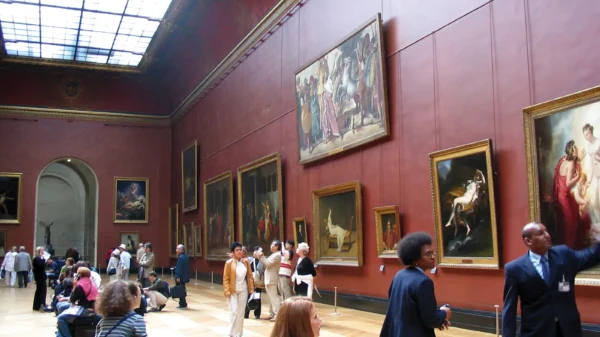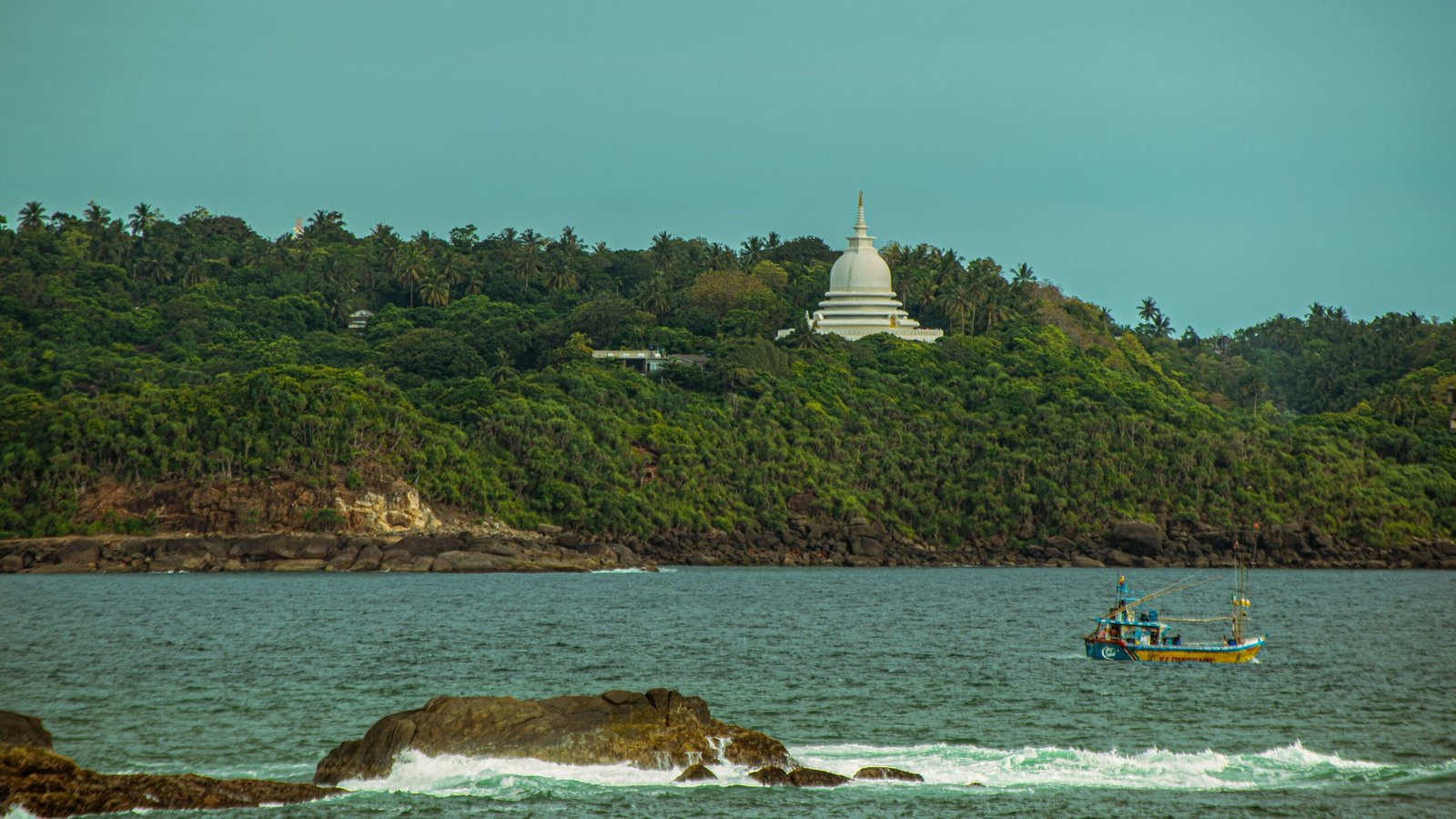In today’s fast-paced and globalized world, the preservation of diverse cultural heritages has become increasingly important. As societies become more interconnected, it is crucial to recognize and celebrate the unique traditions, customs, and histories that make each culture special. One powerful tool that has emerged in recent years is the use of art to document and promote cultural preservation.
Artists around the world have recognized the value of using their creative talents to capture and showcase the richness of diverse heritages. Through various mediums such as painting, sculpture, photography, and performance art, these artists are able to not only document cultural practices but also create awareness and appreciation for them.
One such artist is Maria, a painter from a small village in Mexico. Maria’s vibrant and intricate paintings depict scenes from her indigenous community, showcasing their traditional clothing, rituals, and celebrations. Through her art, Maria not only preserves her own cultural heritage but also educates others about the beauty and significance of her community’s traditions.
Similarly, in India, there is a growing movement of artists who are using their skills to document and celebrate the country’s diverse cultural heritage. From intricate Madhubani paintings that depict mythological stories to colorful Rajasthani miniature paintings that capture the essence of royal courts, these artists are ensuring that the rich history of India is not forgotten.
Art projects focused on cultural preservation are not limited to traditional forms. In recent years, street art has emerged as a powerful medium for showcasing and celebrating diverse heritages. Murals depicting indigenous cultures, historical events, and social issues have been popping up in cities around the world, providing a visual reminder of the importance of cultural preservation.
One notable project is the “Faces of the City” mural series in New York City. This ongoing project brings together artists from different backgrounds to create murals that represent the cultural diversity of the city. Each mural tells a unique story, highlighting the contributions of various ethnic communities and celebrating their heritage.
Art can also play a significant role in educating future generations about cultural diversity. Many museums and cultural institutions have recognized the power of art in engaging and inspiring young minds. Through interactive exhibits, workshops, and educational programs, these institutions are able to provide a hands-on experience that fosters a deeper understanding and appreciation for different cultures.
Furthermore, the internet and social media platforms have opened up new avenues for artists to share their work and reach a global audience. Online galleries and virtual exhibitions allow artists to showcase their art to people from all corners of the world, promoting cultural exchange and understanding.
It is important to recognize that the preservation of cultural heritages is not solely the responsibility of artists. Governments, institutions, and communities must also play an active role in supporting and promoting cultural preservation initiatives. By providing funding, resources, and platforms for artists, these stakeholders can ensure that diverse heritages are celebrated and passed on to future generations.
Art has the power to transcend language barriers and connect people from different backgrounds. Through the creative expression of artists, cultural preservation becomes more than just a preservation of artifacts and traditions; it becomes a celebration of the diversity that makes our world so rich and vibrant.
In conclusion, art has emerged as a powerful tool for documenting and celebrating diverse cultural heritages. Artists around the world are using their creative talents to preserve and promote cultural practices, traditions, and histories. Through various mediums and platforms, these artists are educating, inspiring, and creating awareness about the importance of cultural preservation. It is through their efforts that we can ensure that the beauty and significance of diverse heritages are not lost but rather celebrated and cherished.


































